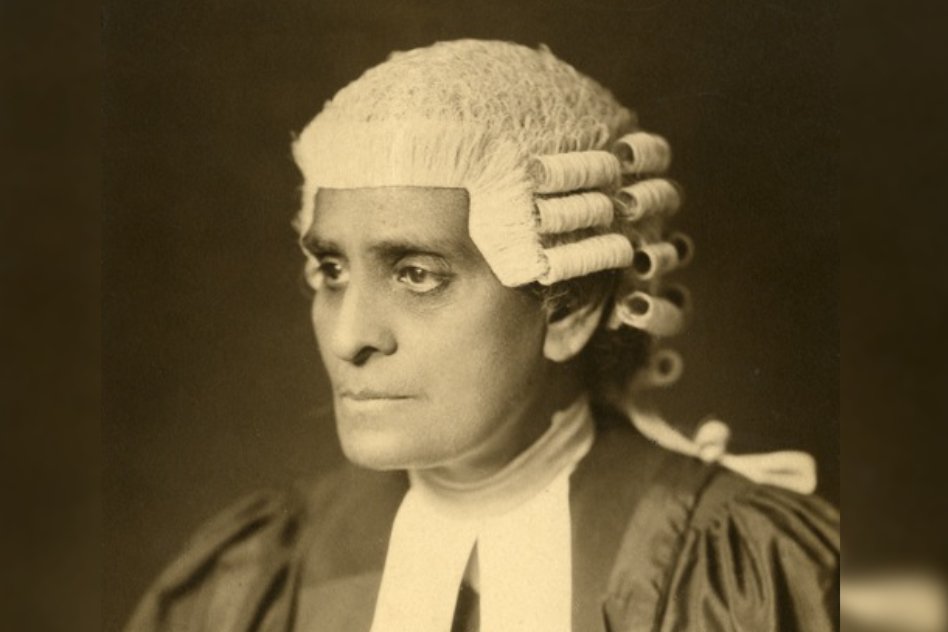
Rewind: She Was The First Indian Woman To Become A Lawyer
29 July 2016 6:25 AM GMT
First Indian woman to become a lawyer
Our country has produced hundreds of great women lawyers till now and they have successfully earned their reputation. Some of the greatest names have been Alamjeet Kaur Chauhan, Pramila Nesargi, Indira Jaising and of course our present External Affairs Minister Sushma Swaraj. But it was Cornelia Sorabji, who was the torchbearer of this trend as she was the first Indian woman to become a successful lawyer. Imagine how difficult it would have been for her to achieve such a feat during the early half of the 20th Century, when patriarchy was the mainstream of the country.
She has many more ‘firsts’ to her credit
Born in 1866, Cornelia Sorabji had a lot of firsts to her name: the first woman graduate from Bombay University, the first woman to graduate in law from the University of Oxford, the first to practice as a barrister in both India and Britain, and the first woman civil servant in India. She proved her mettle without belonging to any royal families, but with hard work and spunk. Education was a major priority in Cornelia’s family. Her youngest sister Alice also became the first woman in India with a B.Sc. degree. After leaving school, Cornelia joined Bombay University and was the only girl among 300 boys in Deccan College, Pune. Despite several resistance from the boys who prevented her to attend lectures, Cornelia stood against all odds and successfully completed her BA in 1886. Even after winning a scholarship to study in England, she was initially denied entry because she was a woman. However, a group of aristocratic women that included Florence Nightingale came together and managed her scholarship and she went to England.
Not awarded a degree as she was a woman
She joined the Somerville College in 1889 and cleared the Bachelor of Civil Law in 1892, but was not awarded a degree as she was a woman—she only got the official degree after 1920, when they agreed to give degrees to women. She decided to return to India as a lawyer in 1893. She got involved in the social and advisory works after returning to India. Even after getting the law degree, she could not be recognized as a barrister until the law was changed in 1924. Later in 1904, she was assigned as a Lady Assistant at the Court of Wards, Bengal. She had helped a lot for women and orphans in fighting for their legal rights. Finally, in the year 1924, law became a legal profession in India for woman, then she started practicing in Calcutta. She got retired in 1929 from the High Court and went to the London. She had set a trend against the persisting conservatism in Indian society.
 All section
All section













